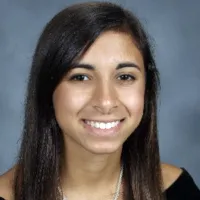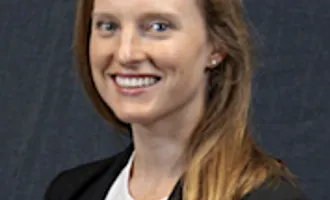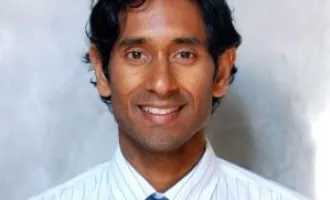
Looking for a Sign
“We took out a mass from your colon. We think it’s cancer. The good news is we think we got it all out.
But
We have to wait a few days to get the pathology report. We also took out lymph nodes. We have to see if those have cancer. That will help us know if the cancer has spread.”
We bombard Arnold with all this information at 6:30am one day after his emergent surgery.
We check in on Arnold daily. He seems okay. I don’t know if he has processed that he has cancer. Maybe because I imagine there will be a lot of tears, lots of questions. He asked about an infection in his stomach. I wish it was only a small infection.
The next day he has more energy.
As we step out of the room, he asks to see our faces- half covered with blue surgical masks. I would also want to see the faces of the people who were treating my cancer. Could he trust us? Could he feel connected with our masks in the way?
I hesitate at first. If half of my face is covered, there’s less to judge. I step several feet away from the patient and pull down my mask for half a second. It takes him half a second — “you look young.”
It rolls off his tongue. I fumble in response.
“Well, I’m not sure about that. We’ll have to see.” He catches on to my discomfort — “what do you mean you don’t know?”
He guesses 26. Does that make me less qualified to be here? How does that make him feel? My mustached medical student colleague passed the test — he says he’s been mistaken for a surgeon twice.
It must be nice to look like the doctor everyone expects to see.
We go in and check on Arnold the next day. He’s barely rousable. Vomit bag next to him. We try to tell him that now we have confirmation that the colon mass was cancer. He immediately feels nauseous.
We support him on his side, and my resident holds his vomit bag. Maybe this is the sign I was looking for — he must know he has cancer.
We tell him that we are still waiting on the lymph node biopsy. I had just learned the anatomy and implications of lymph node metastases in medical school, so I wonder to myself if our patient knew what we meant when we talked about lymph nodes.
We wish him a better day and head out. Hand sanitizer first then we find the nurse.
“Please make sure he doesn’t aspirate. And let’s scale back on the diet.”
Maybe what we were trying to say is “please check in on him. Keep him company. He has cancer and we want to make sure he’s okay.”
But that’s not what we say. It comes out in lab values, consult requests, an argument over a bolus of intravenous fluid — did we care about his kidney or heart more? The hospitalist ultimately decided his heart.
Our team finishes the last surgery of the day, and we read Arnold’s pathology results. Clean margins by a long shot. Zero lymph nodes have cancer. It’s only invaded one thin muscle layer.
The resident is visibly excited.
She checks criteria for T2N0 colon cancer. No chemo just regular doctor’s visits. She lets out a sigh of relief. He’s probably going to be okay. As we are about to leave for the day, the resident remembers she needs to place an order for Arnold’s suppository. She logs back into his medical chart as I start heading home.
I leave the hospital with my mask on, twenty-something years young, wondering how I would explain a lymph node to someone. Prioritizing a suppository for a patient is a new type of love language — one that I’m still trying to learn.



